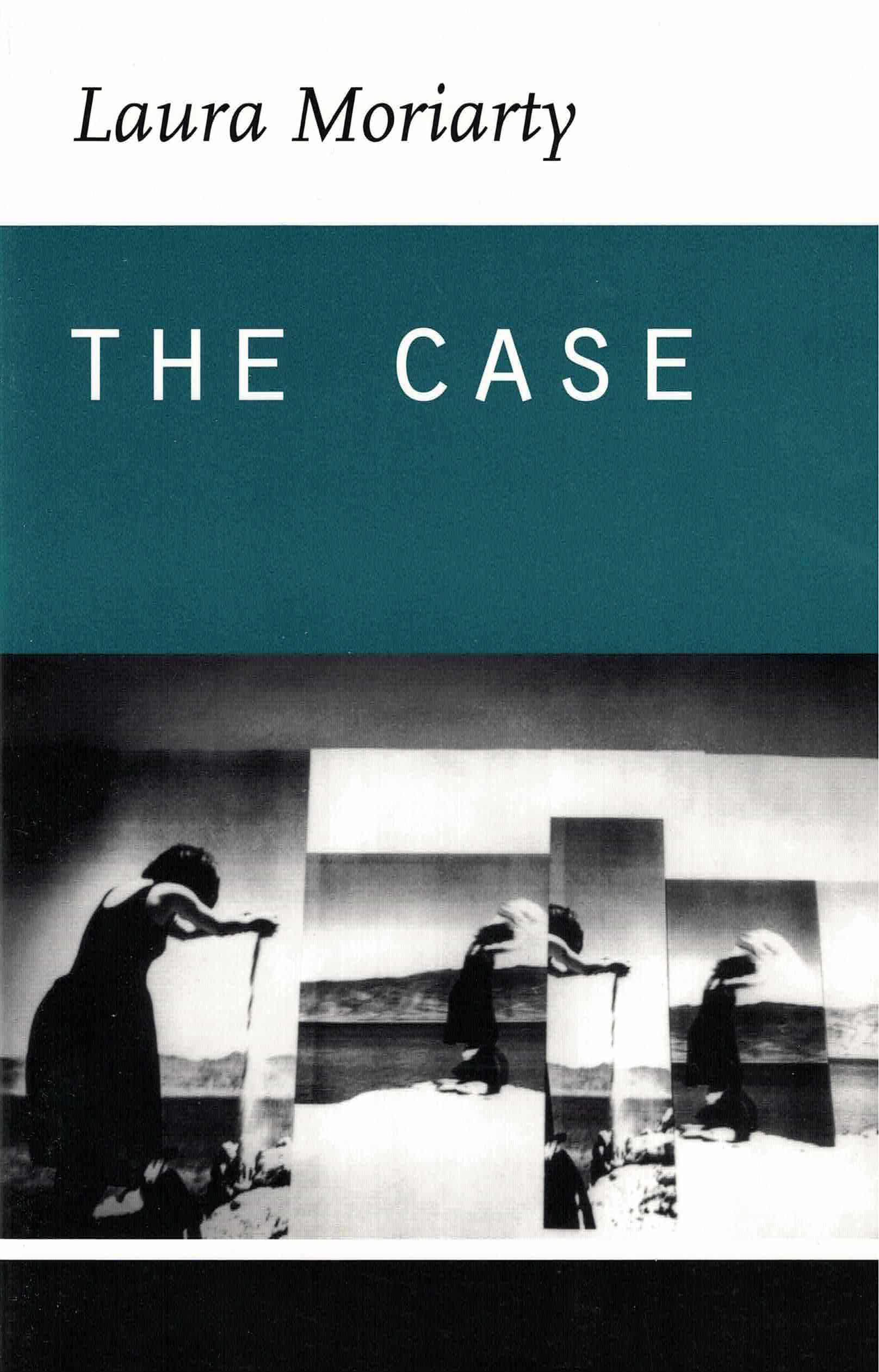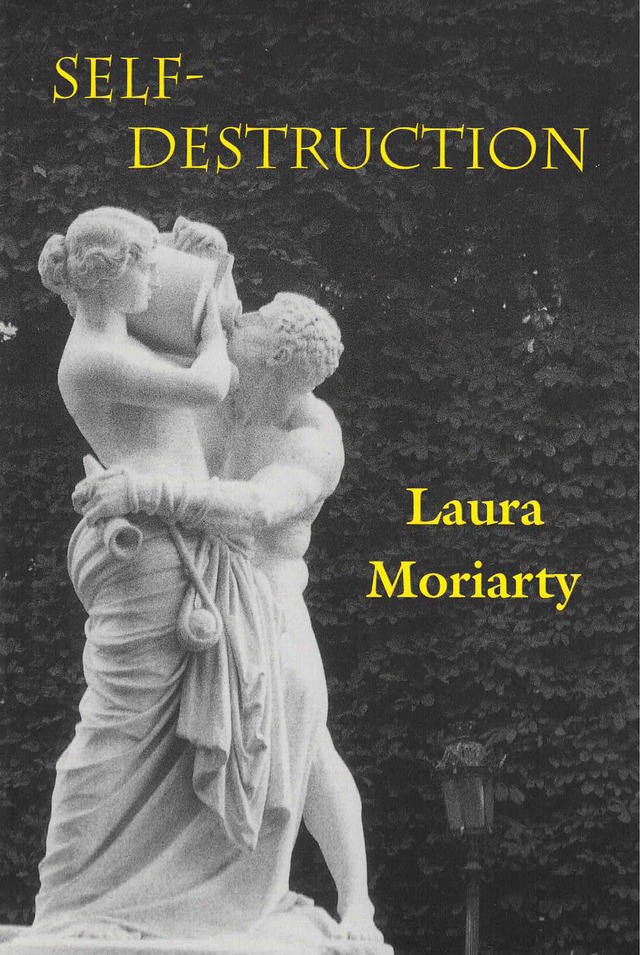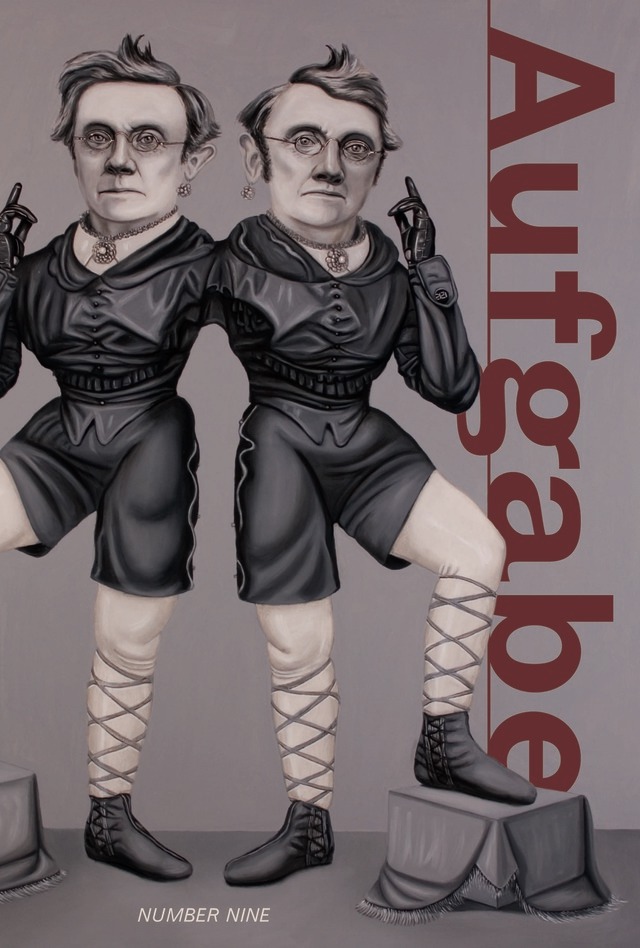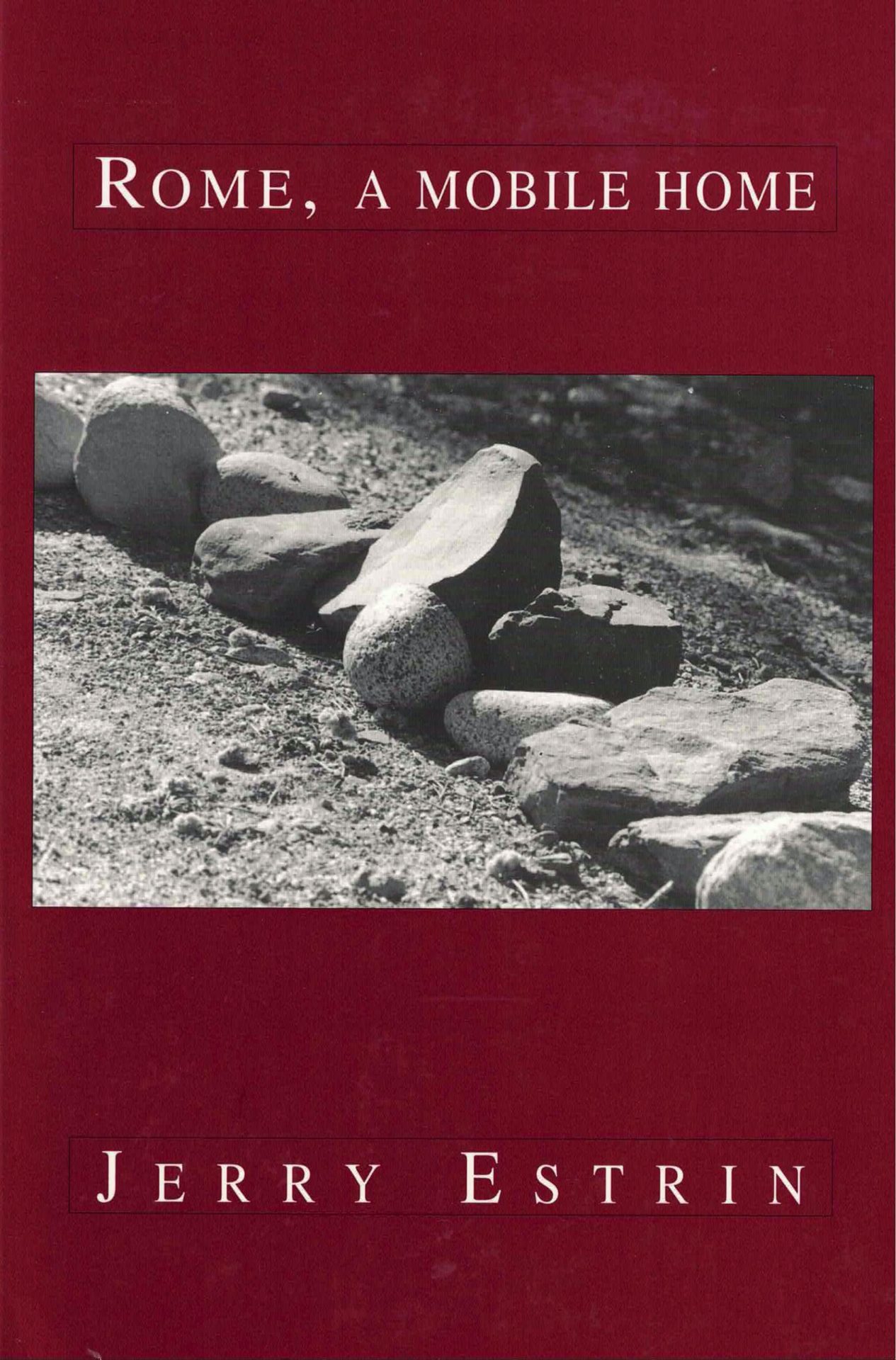Deceptively quiet and contemplative in its tone, Laura Moriarty’s The Case is searing, lush, austere, tender, loving and terrifying not by turns, but at once, all the way through and all the time. — Ron Silliman
Laura Moriarty
Praise for The Case
The Case, besides being a mystery to be solved (where is the dead beloved, what happened to him?) and a literal case or box containing items (as with Duchamp’s Boxes) pertinent to the larger work (the “wedding”; or past and present lives) also strikes the reader as a private enclosure in which the poet confronts herself and what has happened. This space is sometimes theatrical or artifact-like, sometimes inclusive of the natural world; real objects and present experience can take part in the confrontation. Experience is encountered not described, the present is what it’s like when it’s happening even if it’s pain. Though The Case is a private domain it isn’t exclusive: the poet is alone thinking, yet others feel nearby in their warmth. The Case is appropriately muted, but not reticent. Its colors seem wisely chosen. It’s full of light, ocean light, house light, the light of a shadow puppet show. The subject of the book isn’t at all darkness, it’s the peculiarly lit and peculiarly gracious space in which rituals of loss take place.
— Alice Notley
The Case of Laura Moriarty succeeds to awake by night. It is made for cutting. He dies on her birthday. She is the detective. The peeping occurs through the holes. We take pictures. The destroyed place is beautiful.
— Bill Luoma




